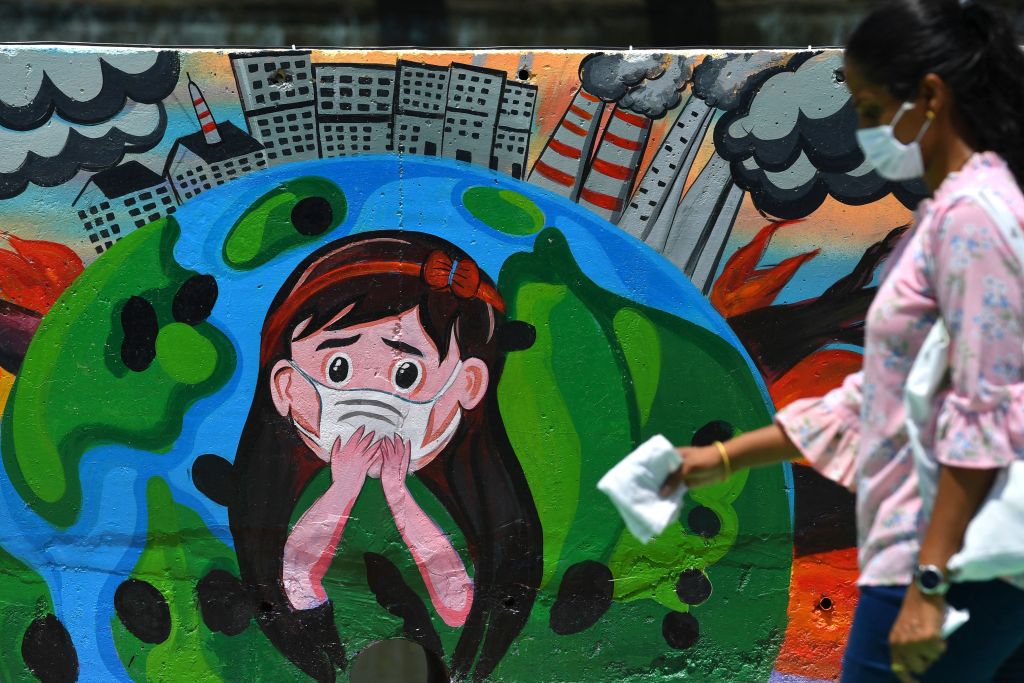- Sunday, May 05, 2024

By: Shubham Ghosh
IN a stern warning, an American research group has said in a report that air pollution is likely to reduce the life expectancy of about 40 per cent of Indians by more than nine years.
The report, prepared by the Energy Policy Institute at the University of Chicago, said more than 480 million people living in India’s central, eastern and northern parts, including its capital New Delhi, face significantly high pollution levels.
ALSO READ: New Delhi gets its first ‘smog tower’ but experts not convinced
“Alarmingly, India’s high levels of air pollution have expanded geographically over time,” the EPIC report added. It pointed out that the air quality has significantly gone down in the western state of Maharashtra and central state of Madhya Pradesh.
India’s poor face massive air-pollution death risk compared to rich
The EPIC report praised India’s National Clean Air Program (NCAP), which was launched in 2019 to tackle dangerous pollution levels, saying “achieving and sustaining” the program’s goals would raise the country’s overall life expectancy by 1.7 years and that in New Delhi by 3.1 years.
The NCAP’s target is to reduce pollution in the 102 worst-affected cities of the country by 20-30 per cent by 2024 through curbs in industrial and vehicular emissions, introducing strict measures for transport fuels and biomass burning and reducing dust pollution. It also aims to have better monitoring systems.
New Delhi finished as the world’s most polluted capital city for the third straight time in 2020, as per IQAir, a Swiss group that measures air quality levels based on the concentration of PM2.5, lung-damaging airborne particles.
Last year, New Delhi’s 20 million residents, who breathed some clean air in the summer because of the coronavirus-induced lockdown curbs, were back to battle toxic air in the winter following a sharp rise in agricultural residue burning in adjoining states like Punjab and Haryana.
![]()